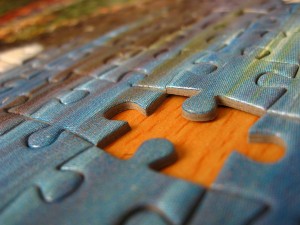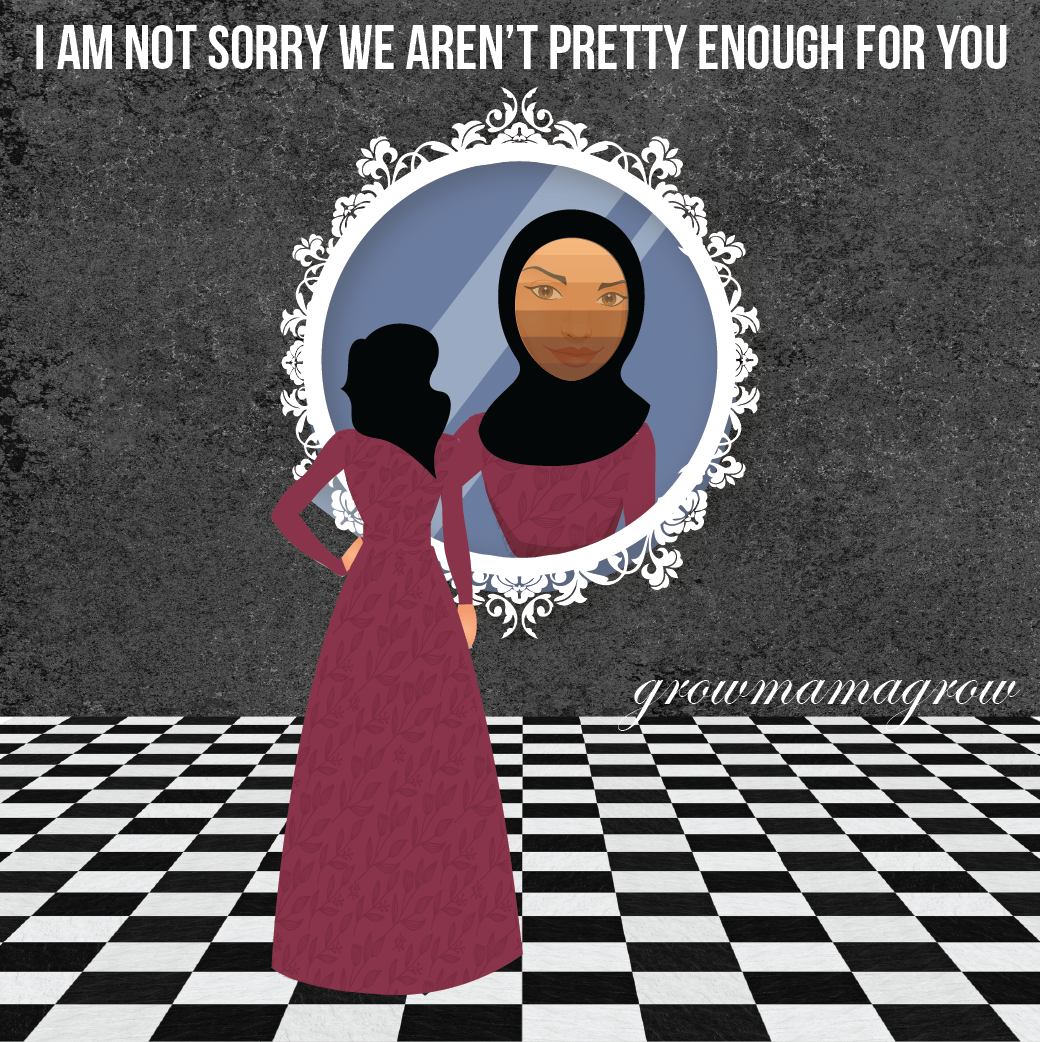 It is not an overstatement or a generalization to say that all cultures put mothers on pedestals. Motherhood is, by all standards, sacred. In Islam, we use the hadith “paradise lies at the feet of mothers” not only to remind people to obey and serve their mothers, but also to motivate women to become mothers and to encourage us to remain patient and stick it out. Motherhood is supposedly natural and instinctive, yet many challenges that come with the job, such as doubt, guilt, exhaustion and anxiety, are universal. What is it about motherhood today that makes it one of the most demanding and stressful jobs?
It is not an overstatement or a generalization to say that all cultures put mothers on pedestals. Motherhood is, by all standards, sacred. In Islam, we use the hadith “paradise lies at the feet of mothers” not only to remind people to obey and serve their mothers, but also to motivate women to become mothers and to encourage us to remain patient and stick it out. Motherhood is supposedly natural and instinctive, yet many challenges that come with the job, such as doubt, guilt, exhaustion and anxiety, are universal. What is it about motherhood today that makes it one of the most demanding and stressful jobs?
One theory is that our expectations have been constantly rising. Not just of our kids, but also expectations of ourselves in light of social trends, peer pressure – yes, mothers do pressure one another to live up to certain expectations, e.g. Pinterest – and the “supermom” quest. We are constantly juggling many things at once, wanting them all to work perfectly. We feel blessed and grateful for the experience of motherhood and the little joys, yet we feel overwhelmed and desperate.
My real-life mother friends as well as cyber moms confirm that mothers today are scrambling to fit infinite pieces of identity and expectations together on one finite board of a jigsaw puzzle. We want to be the best mother. Some of us want to be more than “just a mom,” prioritizing our careers, yet maintaining high expectations at home. It’s about time we realize that we bought into an illusion that mothers can and should do it all.
Muslim mothers are no exception. We forget that nowhere in our texts is it dictated that childcare is the sole responsibility of the biological mother. In fact, in the Qur’an, we are told that both parents should agree on breastfeeding matters such as who will nurse their child and for how long. The Prophet himself was nursed and reared in his early years by Halimah Assa’diyyah, then by Umm Ayman, whom he called “mother” and to whom he showed great respect. After the passing of his biological mother, it was his grandfather and then his uncle who took care of him.
At the time of Prophet (S), one’s parental status or lifestyle choices did not define his or her value or worth in Muslim society. Muhammad’s (S) first wife, Khadijah, was a well known and successful business woman, who pursued her trade through childbearing and motherhood. His wife Aisha had the gift of superior memory and became an integral foundation on which most of the hadith and sīrah (Prophet’s sayings and historical narrative, respectively) are based.
In remembering Allah’s intention for each individual to realize his or her full potential in life, we need to avoid chaining women to the role of mother as our primary, or only, priority. Not all women are able to, or would want to, assume primary parental responsibility or take care of all childcare needs singlehandedly. Effective, patient, loving childcare requires certain abilities and characteristics that are not innate.
The question now is: how does a mother find the right balance between restrictions and expectations on one side, and aspirations and self-fulfillment on the other?
One thing to do is revitalize fathers’ roles in parenting, childcare and household duties. The purpose of marriage in Islam is to form a partnership in pursuit of sakinah (tranquility)for both partners. It is best for Muslim men to follow in the footsteps of the best role model, Prophet Mohammad (S), who used to spend his time at home in the service of his family. It was known about him that he was kind and gentle with children, particularly his grandkids Hasan and Hussein, who used to crawl into his lap and climb on his back while he prayed.
Another thing is for governments to start viewing children as public investments for the country as a whole rather than the current view of children as liabilities and private responsibilities of their own parents. Many European governments subsidize daycares and pre-schools, as well as assign nannies to help mothers with limited or no income. In the U.S., though, childcare costs are constantly rising, and as a result, many mothers end up putting their careers and aspirations on hold, or give them up altogether, by staying at home in order to make ends meet. This often puts more pressure on fathers to hold on tight to their jobs to be able to provide for the family regardless of their own aspirations and goals. With one or both parents not feeling self-fulfilled, family stress is inevitable.
Finally, we all have heard the saying “it takes a village,” but how many of us have actually experienced it? On a day-to-day basis, it rather feels more like the arid, barren desert in which Prophet Ibrahim’s wife was left to care for her newborn Isma’il all by herself. Parenting books, blogs, forums, meetups, etc. are abundant, but do not substitute for the actual, reliable support one gets from a friend or relative who is there when needed. Every person in society should become more proactive in offering more help (and less advice) to parents in all stages of parenthood, and not just when babies are cute and cuddly.
Layali Eshqaidef
Layali Eshqaidef is an Arab Muslim activist for justice and peace. She has a Master’s degree in Women’s Studies and works in the education and communication fields. Follow her on Twitter at @women4peace
Layali is currently working on a personal project to publish a book about Muslim motherhood in America, particularly working Muslim mothers, and the struggles they face. If you are a Muslim mother in the U.S. and would like to contribute, please contact her at [email protected]. Include your resume and a writing sample.











